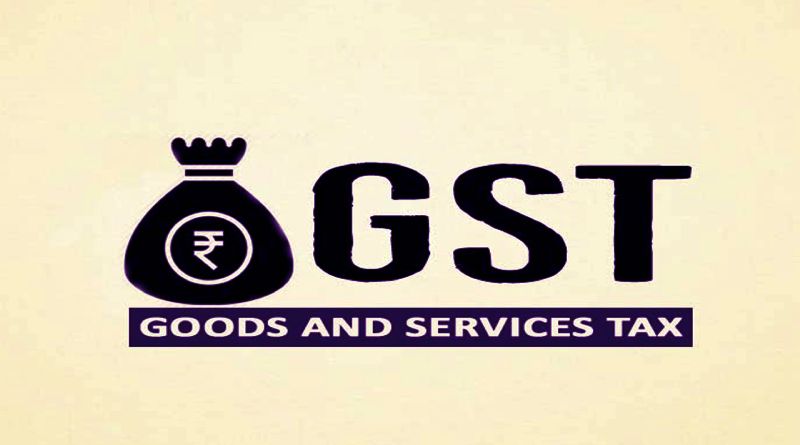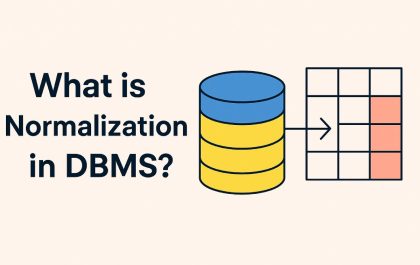Goods and Service Tax, famous as the GST law, is one regime that has shaken the pillars of the taxation regime within the country. And all for good. The law has brought a uniformity in the way taxation law runs in the country and has considerable impacts on the taxpayers. Everything new that GST has come up with, the website, the online GSTN portal, increased and flexible exemptions, and a lot more, all of it has been for good. Moreover, small businesses have been taken extra care of with the composition scheme under GST.
With all of this, it is essential to know how this framework works. Let us begin with a little understanding of what this Act is and why this step was needed.
Table of Contents
ToggleSomething About Goods and Service Tax
GST is a new tax law in the country that has repealed and replaced the four vast indirect tax laws in the country, namely, service tax, sales tax, VAT, and excise duty. The purpose of repealing all these diverse Acts and introducing one single law in its place was to bring the complete taxation process in one only forum. The GST law serves as that forum.
Goods and Services Act has brought uniformity in the taxation laws and reduced the levels of compliances required. Now instead of taking care of four different laws, one Act suffices it all. Moreover, with this step, the cascading effect from double taxation has also been reduced. There are also a plethora of advantages in the form of schemes, online portals, etc.
Although the Act has increased the operational costs for businesses to a considerable extent, that is a very nominal price to pay for such enormous benefits.
Also Read: What Is End-User Computing (EUC)? Definition, Benefits, and Importance
How Goods and Service Tax Works?
GST works through a GST council which has the authority to take all major decisions for GST. The committee also has the responsibility to hold discussions and meetings and find areas of improvement. It then suggests these improvements to the government in the form of possible amendments. If the government approves the suggestion of the council, a change to the law comes into play.
The Framework- What All Is Needed?
The framework of GST is quite vast. There are a lot of mandatory requirements, the major ones being the registration under the Act, filing of the returns within the due dates, and the subsequent payment of tax within the due dates.
Registration Under the GST Act
The Act requires that all the suppliers of goods and services get themselves registered under the GST Act so that they get their identity as taxpayers under the Act. For the purpose of making it more explicit, the Act has enumerated eleven categories of people who are to take registration, among other things, including suppliers providing inter-state goods and services, non-residential Indian suppliers, e-commerce operators, agents, and others.
The registration must be taken as soon as possible without making any delays. There are strict penalties for making delays in receiving the registration, which can lead the business to considerable losses. Even the failure to take the registration will attract similar penalties.
Moreover, the registration offers specific benefits to the taxpayers in the form of the input tax credit, which the taxpayers cannot claim otherwise if they do not have a registration. So, most taxpayers by themselves take the GST registration at the first possible opportunity so that they do not miss any great benefit that can arrive at them.
Upon registration, the taxpayers get a GST identification number, which is their unique code identifying them as a registered taxpayer under the law. This registration number has to be kept protected and safe. SO, the government provides a certificate of registration mentioning your GST number. You can download this certificate from the GSTN portal.
Also Read: Tips To Make Your Business Financially Stable
Filing of Return Under GST
It is a significant thing you must take care of under the GST Act. The tax you have to pay under the Act depends on your GST return. So, you need to fill this return very carefully with zero errors. You can take the help of an experienced professional for the purpose if you must.
After filling of the return, it is equally essential to file it with the Goods and Service Tax authorities for their assessment. Furthermore, you must complete the filings within the due date; else, you may end up paying stiff penalties for a late submission.
The due dates of filing the return differ among the different categories of taxable persons. You can find all the due dates on the GST website. Have a look at those dates and make sure that you follow them strictly.
Also Read: LA’s Digital Marketing Tycoons and NY’s Social Media Movers and Shakers
Payment of Goods and Service Tax
After filing the returns comes the amount. You must also make sure to make the payment on the relevant due dates, just like the return filing. Also you can find these scheduled dates, even on the website. You must keep a close eye over it so that you do not miss anything and stay updated.
You can make the payment online using the GSTN portal or other online payment apps. The online payments have an added advantage in the sense that you need not go to the tax office and wait up in long lines. Furthermore, as an initiative for Digital India, the government has announced a 20% of cash back up to a limit of Rs. 100 on the online payment of GST.
Conclusion
It was a brief framework of this vast law. The law has necessarily added up to the benefits for the taxpayers. Everything has contributed to reducing their burden. The framework is straightforward with schemes such as composition scheme under GST and other laws. Also, the GSTN portal has gone a long way in promoting the success of the law and is an important part of the framework. The council is also putting in its best efforts and trying to bring about changes that could make the law better. With the existing framework, GST is gaining momentum at a high pace, and with the continuous advancements, this momentum is only going to increase, thereby making the GST framework stronger.
Related posts
Hot Topics
Enhancing School Safety with Intelligent Threat Response Systems
Introduction According to the K-12 School Shooting Database, there were 346 school shootings in the United States in 2023 alone,…
What is Normalization in DBMS: The Complete Guide
What is normalization in DBMS? Look, I’m gonna be straight with you – when I first heard this term, I…



